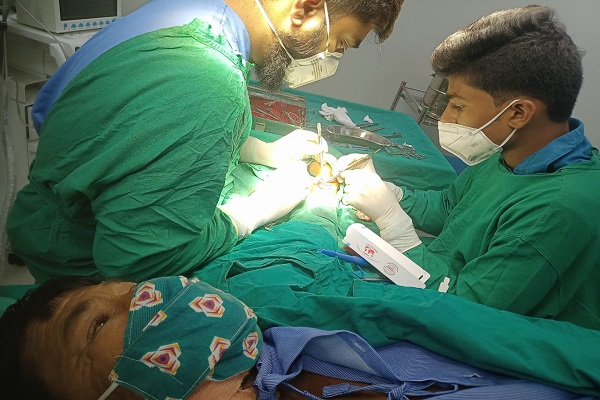
Nephrology is the branch of internal medicine that deals with the diagnosis and treatment of kidney-related diseases. Kidneys are responsible for removing waste products and excess fluid from the body. They are also critical for retaining fluid intake and maintaining electrolyte concentrations that may be subjected to change due to numerous conditions or medicines.



Nephrology focuses on ensuring the normal functioning of kidneys by treating conditions that hinder its processes. The various conditions that fall under the scope of nephrology include: